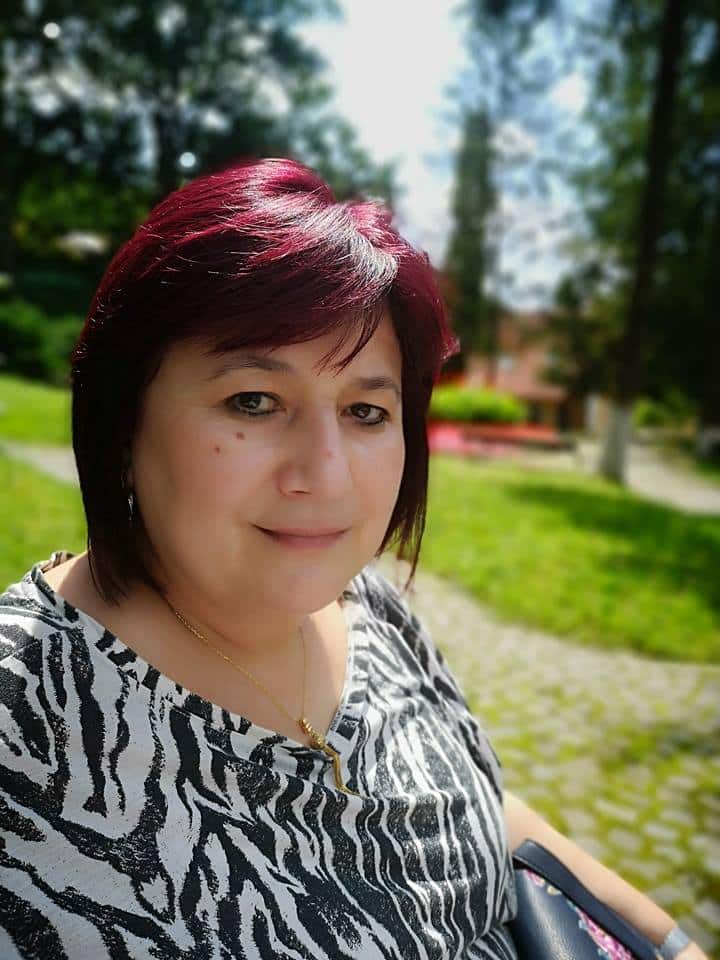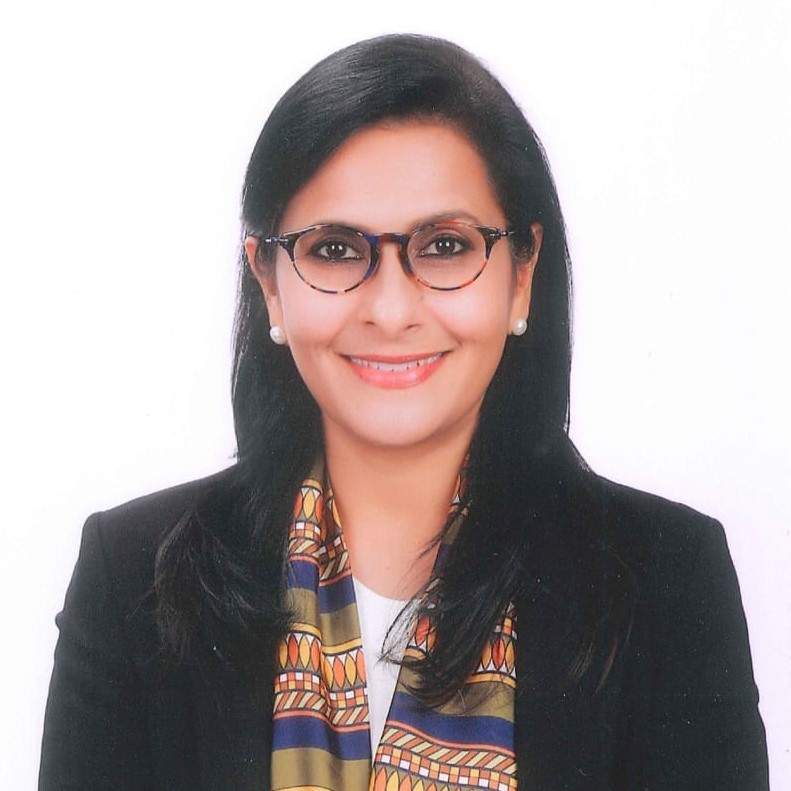Rare Disease Advocacy Pioneers: Dorica Dan and Ritu Jain, Honoured at the Black Pearl Awards 2024
February 2024The EURORDIS Black Pearl Awards recognise pioneers in the rare disease community.
Among this year’s awardees, we honor the recipients of the Community and Holistic Care awards, individuals who have displayed exceptional dedication to improving lives.
At EURORDIS, we’ve had the privilege of witnessing their remarkable efforts, and we’re delighted to share their interviews below, offering a glimpse into the inspiring journeys of those driving change in the rare disease landscape.
Meet Dorica Dan – Representative of 2024 Holistic Care Awardee RareResourcesNet
Reflecting on her journey into advocacy, Dorica shares, ‘My daughter was diagnosed with Prader-Willi Syndrome (PWS) when she was 18, and that was the moment when we decided to establish an association for patients with PWS and other rare diseases in Romania.’ Her personal experience spurred her to address the disparities in the care system, highlighting the significance of meaningful interventions to enhance the lives of individuals affected by rare diseases.
For Dorica, a holistic approach means considering social, health, and educational aspects to provide comprehensive care. She states, ‘A holistic approach for people affected by rare diseases and their families means bridging the gaps in the care system and providing meaningful interventions or therapies to improve care.’
Discussing the evolution of RareResourceNet, Dorica asserts, “RareResourceNet was established in 2018 by 7 Resource Centres from Sweden, Norway, Romania, Croatia, Estonia, Spain, and Portugal with EURORDIS’ support, through Innovcare project. It evolved from a project activity to an independent informal network that advocates for the importance of holistic or integrated care and the need for establishing new Resource Centres for rare diseases across Europe.”
RareResourceNet advocates for integrated care across Europe, ensuring continuity of support for rare disease patients and their families. Dorica’s commitment to holistic care and raising awareness about rare diseases shines through her efforts. She inspires change, fosters collaboration, and improves the lives of individuals and families affected by rare conditions worldwide.

Meet Dr Ritu Jain – President of 2024 Member Awardee DEBRA International

Recalling her journey into advocacy, Ritu shares, ‘I had never heard rare and disorders collocated together until 2014. It was at the end of 2014 when Dr. Birgit Lane, an Epidermolysis Bullosa (EB) researcher, called a patients meeting in Singapore and proposed we set up DEBRA Singapore, the national chapter of the global organisation DEBRA international.’ This moment sparked her commitment to the cause, leading to the establishment of DEBRA Singapore and subsequently, her presidency at DEBRA International. She further reflects, ‘I put my hand up and had our own DEBRA set up by May 2015. I took over as president the following year and have been investing a large part of my life advocating for people with EB and other rare diseases.’
Discussing her work helping in regions affected by conflict or disaster, Ritu explains, ‘The entire project highlighted the oversight of the rare disease communities as a vulnerable population and with specific needs. The work I helped catalyse started with a desperate message on LinkedIn to the CEO of Red Cross Singapore.’ Through initiatives in Ukraine, Turkey, and Syria, Ritu has demonstrated a commitment to addressing the unique challenges faced by rare disease communities in humanitarian settings.
Ritu believes in a holistic approach to enhancing the lives of those with rare diseases, one that encompasses medical interventions, social support, education, and policy changes. ‘We intend to continue supporting the rare disease day initiatives alongside EB awareness globally,’ she affirms. She also emphasises the importance of collaboration, stating, ‘The fact that we are a global alliance dedicated to supporting those with EB globally has helped us join forces, resources, ideas, and therefore drive change for our communities.’
Thanks to organisations such as DEBRA, people with rare diseases are now marked as a specific community in humanitarian planning and initiatives of the Red Cross. ‘I am optimistic that the cycle will continue for populations in areas impacted by disaster or conflict in the future’
